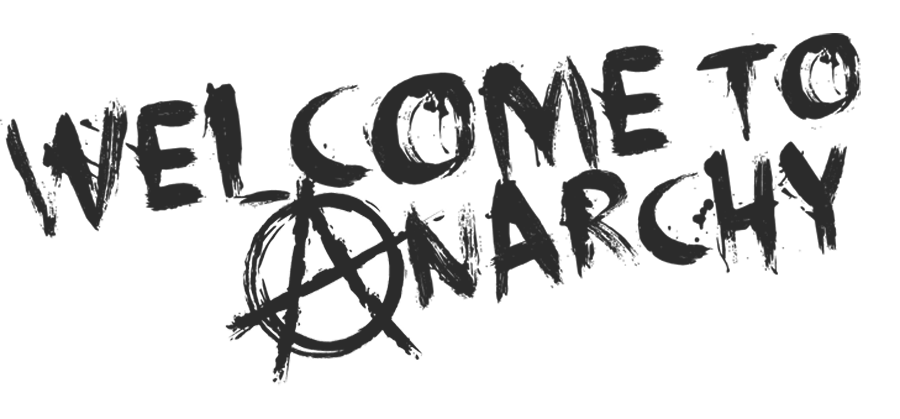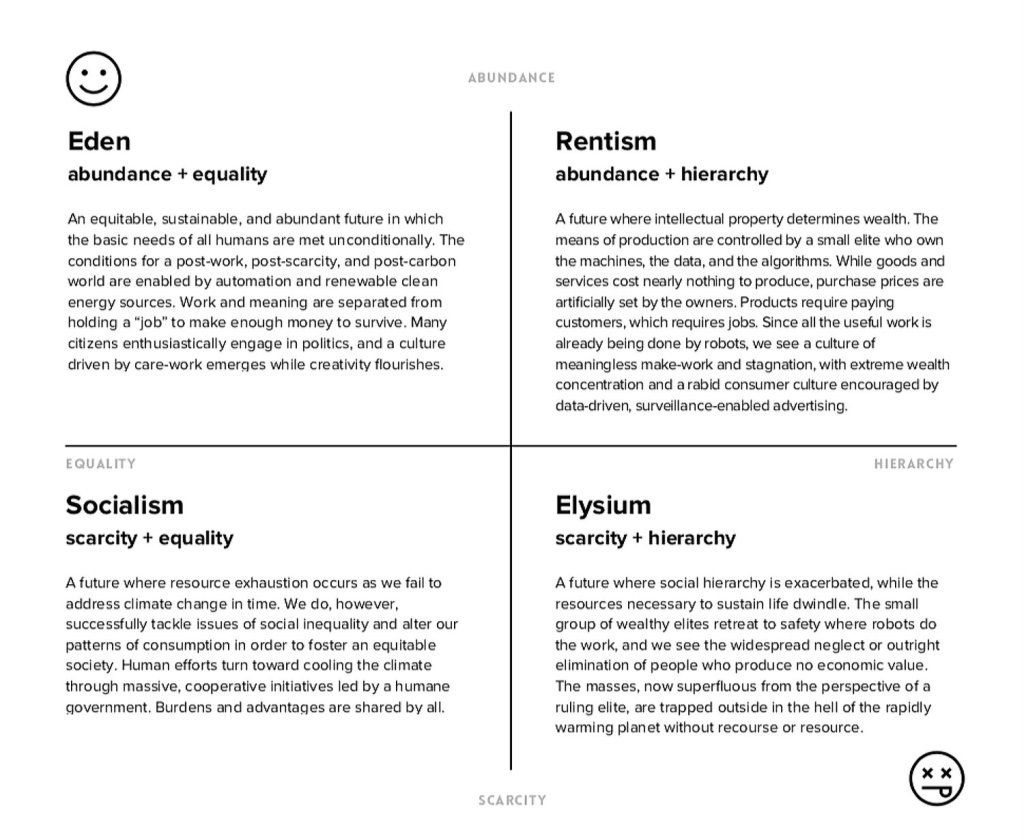
Conventional wisdom smells. Conventional wisdom is the rotting corpse of desiccated thought. Conventional wisdom gave us Vietnam. Iraq. Conventional wisdom is groupthink, It is crowdsourcing. Conventional wisdom is our system where 40% of workers are a $400 bill away from a financial crisis. Emerson wrote that “society everywhere is in a conspiracy against the manhood of every one of its members.” (Ralph sends his apologies for his 19th-century sexism) Mr. Emerson goes on to assert that for the sake of our daily bread, each bread eater sacrifices his liberty and culture.
Culture? Do the shackles of conventional groupthink, whoops, I mean wisdom, lurk within the culture of compulsory schooling? For thirty years I didn’t teach history, I taught “school”, as my late friend John Taylor Gatto would say. And what is school? School teaches conformity, obedience, dependence. Gatto wrote that it is difficult to make self-confident spirits conform, especially if their parents have given them unconditional love. School teaches conditional love. Report cards, certificates, rewards, punishment. Walk into a classroom in an NYC public school and read all the rules posted on the walls. Points gained for answering a question. Rules for going to the bathroom. Emotional dependence on approval. Intellectual dependency on receiving the right answer. Conventional wisdom says we need more school. College as the ticket to the good life. Really? An admissions official at Harvard said that the admissions process has created a nation of hoop jumpers. Bill Gates and Steve Jobs didn’t buy into it. Just tell me how high to jump, sir, please let me in. Conventional wisdom, for $50,000 a year, just to learn obedient thinking.
Emerson goes on to write that it is easy to live in the world if you just go along with conventional wisdom. It takes some grit to keep with perfect sweetness the independence of solitude in the “midst of the crowd.” The crowd is conventional wisdom, solitude is treading a path where everyone might not agree. The Taoists tried to tell us, there at the beginning.
It is said that the Tao Te Ching may be the greatest classic to challenge conventional wisdom. Do we flourish best when we are left alone by authority, such as the Chinese Communist Party, the official repository conventional wisdom? Or do we need to be told by Party officials how to flourish? Wu-wei. Follow your inner guide, who resides in your secret place. Reject imposed authority, conventional wisdom.
At this point, I should confess that I, like everyone, rely on conventional wisdom a lot. My grandfather taught me the conventional way to dig up a potato when I was four. When I reached the age of reason I questioned his religion. I’ve been an outsider ever since. I walk into a room and reflexively think that whatever you are for, I’m against. That includes this course. It may just be a nasty habit
To reject conventional wisdom is to live on the tightrope of uncertainty. There are no definitive answers anyway. We try, we fail, we try again, but we need to open up to a universe that has wisdom embedded within it. The universe may just be a conspiracy to push everyone to fulfill their inner truth. And yet this wisdom is a tightrope we must tread carefully, not only because it changes with Time, but if we impose desiccated conventional wisdom, we fall into the abyss.





